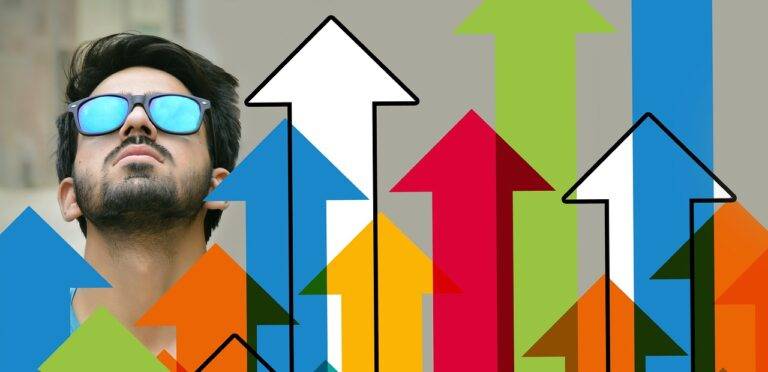The Future of Education: Personalized Learning and Adaptive Platforms
Traditional education systems often struggle to cater to the diverse learning needs of students. The one-size-fits-all approach may not be effective in engaging every learner, leading to disinterest and disengagement in the classroom. This lack of individualized attention can hinder the overall academic growth and development of students.
Moreover, the emphasis on standardized testing and grades in traditional education systems can create a competitive environment that may deter collaboration and creativity among students. This focus on performance metrics can place undue pressure on learners, leading to stress and anxiety that could impact their mental well-being. Ultimately, these challenges within traditional education systems highlight the need for alternative approaches that prioritize personalized learning and student-centric pedagogy.
Benefits of Personalized Learning
Personalized learning offers students the opportunity to progress at their own pace, focusing on their individual strengths and areas for improvement. By tailoring the curriculum to meet the specific needs of each student, personalized learning enhances student engagement and motivation. This approach empowers learners to take control of their education, leading to a deeper understanding of the material and increased retention of knowledge.
Furthermore, personalized learning fosters a greater sense of ownership and responsibility among students for their academic outcomes. With the flexibility to explore topics of interest and work on personalized projects, students can develop critical thinking and problem-solving skills in a more meaningful way. This student-centered approach encourages creativity and independence, preparing students for success in an ever-evolving and diverse world.
What are some challenges in traditional education systems?
Some challenges in traditional education systems include one-size-fits-all teaching, lack of individual attention, and limited flexibility in learning.
What are the benefits of personalized learning?
Personalized learning allows for tailored instruction to meet individual student needs, promotes student engagement and motivation, and fosters a deeper understanding of concepts.





